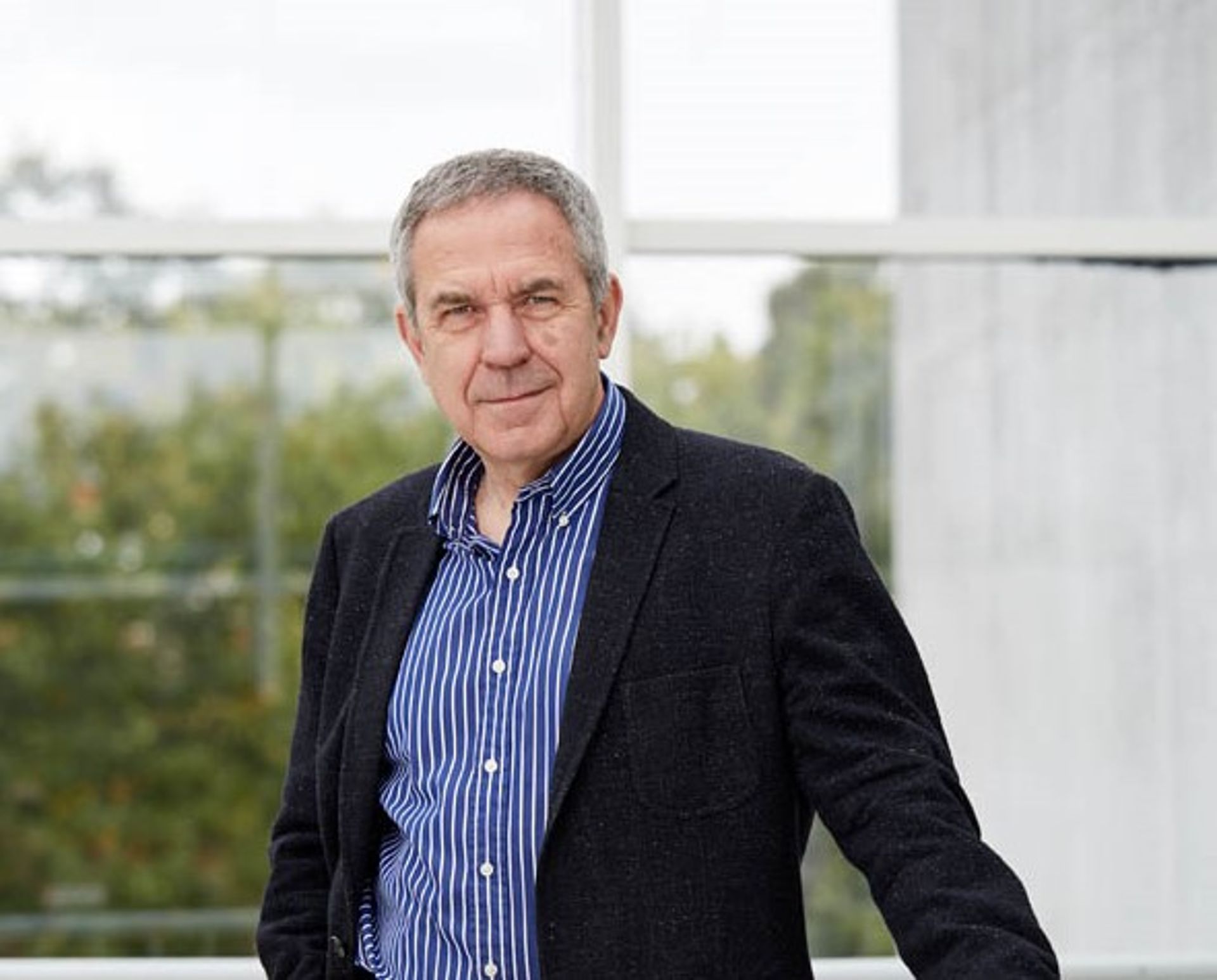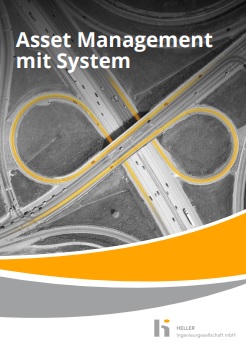Asset Management at the Congress of Road Infrastructure Management (KZID) in Warsaw - Part 1/2

You are one of the leading experts in asset management and have made it your task to promote this discipline. What exactly is asset management?
Asset management is a fascinating modern management discipline that was only developed at the beginning of this century. It supports managers and their teams in maximizing the value of available assets, especially technical assets. Since the beginning, the focus was primarily on technical infrastructure, such as transport infrastructure, water and sewage infrastructure or power generation and transmission infrastructure. Following the publication of ISO Standard 55000 Asset Management in 2014, the road construction authorities of many countries became even more aware of this discipline.
However, there is a common misunderstanding that I would like to clear up: The object of asset management is not the asset, but the organization with its unique context that manages the assets. This is the strength of asset management. The strength, but also the obligation, to always combine the technical aspects with the organizational ones. Thus, asset management helps an organization to manage technical assets in a way that achieves the goals of its stakeholders. The entire lifecycle of an asset as well as the whole portfolio of all assets are considered at all times. And all this while taking the relevant risks into account.
The standards of this discipline originate primarily from Anglo-Saxon countries. Are these also suitable for other countries such as Germany or Poland?
Of course, it is possible, or even necessary, to implement the asset management standards in Germany and Poland as well. The authors of the international ISO 55000 standards have taken into account that road infrastructure managers and the environments in which they operate differ throughout the world. The management of Polish national roads is different from that of a German motorway section. And the road administrations in Australia or New Zealand, which are undoubtedly leaders in asset management, face different challenges than their colleagues in Bolivia. Nevertheless, the standards are universal and scalable according to the individual maturity level of the organization.
What is your role at PIARC and how are you involved in the dissemination of asset management?
PIARC is by far the largest road association in the world with over 110 years of history and members from more than 120 countries. I am very happy that Germany has delegated me, a Polish citizen, as its representative to the Technical Committee Asset Management. It is also a great honor for me to have been elected Chairman of the Working Group Dissemination and Education within this committee. My role is to coordinate the work of asset management specialists from five continents.
In New Zealand or Australia, modern asset management is already widespread in technical and business areas. In Central Europe, we are not there yet. In order not to fall behind and manage our road infrastructure in line with the high requirements and ambitions of society and the economy, we absolutely must focus on asset management. However, this assumes that all those responsible know what asset management is. So, we must continue to talk about and disseminate this discipline. This is also why we have founded the Infrastructure Asset Management Academy (INFRAMA) and are organizing the Congress of Road Infrastructure Management (KZID) in Warsaw from 4 to 5 December 2019 dedicated exclusively to asset and infrastructure management.
This was the first part of the interview with Dr. Sławomir Heller. Tomorrow follows part 2 with more information about the Congress of Road Infrastructure Management (KZID) in Warsaw.


